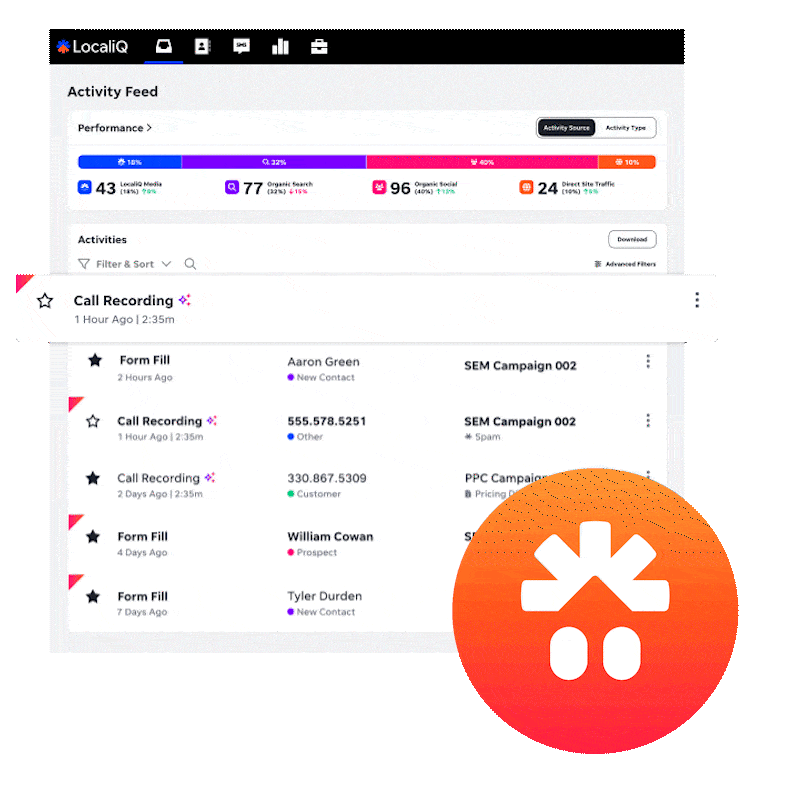It’s no secret that a startup struggles with juggling numerous priorities—developing products, managing cash flow, building your team and most importantly, growing your customer base. One of the most effective ways to accelerate this growth is through Search Engine Optimisation (SEO). Whether you’re focused on brand awareness, generating leads or increasing sales, SEO can play a pivotal role in helping you achieve these goals.
1. Goal: Boost Brand Awareness
If you’re just starting out, one of your key goals is likely to be building brand awareness. SEO helps you put your brand in front of potential customers who are actively searching for solutions you provide. By optimising your website for search engines like Google, you increase your chances of appearing on the first page of search results, making it easier for people to find and recognise your brand.
Tip: Focus on local SEO if you’re targeting customers in a specific region. Make sure your business appears in local searches by optimising your Google My Business profile and using location-based keywords.
2. Goal: Drive More Traffic to Your Website
One of the primary objectives for any startup is to increase website traffic. The more people that visit your site, the more opportunities you have to convert them into leads and customers. SEO plays a crucial role in driving organic traffic by ensuring your content ranks well on search engines for relevant queries.
How SEO can help:
By Creating High-Quality Content: Content is king when it comes to SEO. By regularly publishing high-quality blog posts, product pages and helpful resources, you increase your chances of ranking for long-tail keywords. For example, a blog post titled “How to Choose the Best Eco-Friendly Fabrics” could attract people searching for sustainable fashion advice.
3. Goal: Generate More Leads and Conversions
For many startups, driving leads and converting them into customers is the ultimate goal. SEO helps you attract high-intent customers—people who are actively searching for the products or services you offer. By optimising your site’s landing pages and content for conversions, you increase your chances of turning visitors into paying customers.
How SEO can help:
Optimise Landing Pages: Your landing pages are crucial to converting visitors. Ensure that your pages have clear calls-to-action (CTAs) and are designed to encourage visitors to take the next step, whether that’s signing up for a newsletter, downloading an eBook, or making a purchase.
Improve On-Page SEO
Optimising your on-page elements like title tags, meta descriptions, and headers can significantly improve your website’s visibility in search results. By making sure each page is optimised for relevant keywords, you increase your chances of appearing in front of people who are ready to convert.
4. Goal: Improve Customer Retention and Loyalty
Once you’ve gained customers, it’s important to keep them coming back. SEO can support customer retention by improving the user experience and providing ongoing value through content. By continuing to optimise your site, you ensure that your existing customers can find the information and support they need.

How SEO can help:
Creating Evergreen Content: Invest in creating Evergreen content—content that remains relevant over time. For example, creating comprehensive product guides, FAQs, or how-to videos can continue to provide value long after the content is published.
5. Goal: Stay Competitive in Your Industry
As a startup, you’re entering an already competitive market. To stand out, you need to implement effective SEO strategies that give you an edge over your competitors. By focusing on niche keywords and long-tail search terms, you can rank for keywords that your competitors may be overlooking.
How SEO can help:
Competitive Analysis: Conduct a competitor analysis to see what keywords and strategies your competitors are using. By understanding what’s working for them, you can find opportunities to outperform them in search results.
Local SEO
If you’re a small business targeting a specific geographic area, local SEO is critical. Ensure your business is listed on local directories and optimise your Google My Business profile to appear in local search results.
Tip: Focus on content gaps—areas your competitors might be neglecting—and create content that fills these gaps. This could give you a competitive advantage in the search results.
For startups, SEO is not just about ranking higher on Google—it’s about achieving specific business goals, whether that’s growing brand awareness, driving traffic, generating leads, or improving customer loyalty. By setting clear objectives and aligning your SEO strategies with these goals, you can maximise your efforts and build a solid foundation for long-term success. With the right approach, SEO can help your startup thrive in a competitive digital landscape, bringing you closer to achieving your growth targets for 2025 and beyond.






